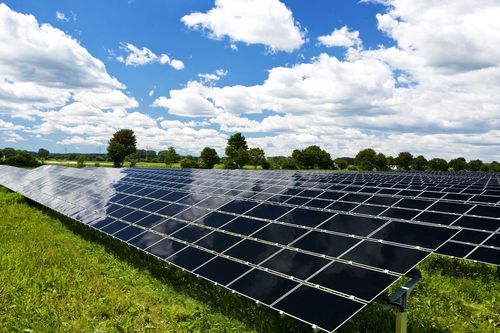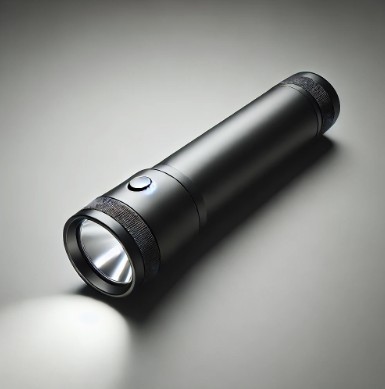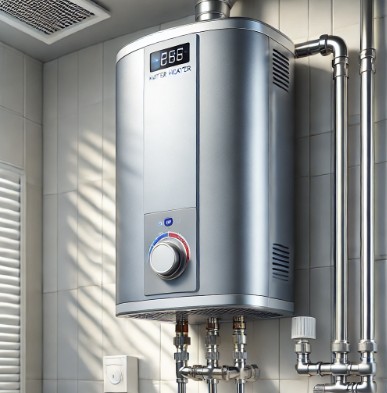Indian cabinet approves subsidy program for manufacturers of photovoltaic systems
17. June 2021The cabinet approved the subsidies amounting to the equivalent of 607 million US dollars in November 2020. The Ministry of Renewable and New Energy (MRNE), whose proposal for domestic manufacturing of photovoltaic modules was recently approved by the government and its subsidies are now available, will take care of the distribution of the funds. The subsidy program aims to build additional manufacturing capacity of 10,000 MW for photovoltaic systems. In particular, solar modules with high efficiency are to be promoted.

In a national plan, existing manufacturers are to be promoted and dependence on imports reduced. According to an article in the Business Standard, Adani Green, Azure Power, Vikram Solar and Waaree Solar are the leading solar module manufacturers in India. Goldman Sachs-backed renewable energy project developer ReNew Power recently announced its entry into solar cell manufacturing.
According to Waaree Group Managing Director Hitesh Doshi, the incentive program, which is tied to production numbers, will make India’s supply of photovoltaic equipment more self-sufficient and less dependent on imports. Although the subsidies will be available exclusively to domestic manufacturers, Doshi also sees an opportunity to export complete systems or components. Government funds are to be disbursed to manufacturers through a transparent application process. The subsidy period is five years and starts with the commissioning of the production facility and the proven sales of the solar modules. The amount of funding is also dependent on the efficiency of the solar modules and the proportion of materials and components from domestic suppliers.
India has set an ambitious target of 175 gigawatts of renewable energy capacity by 2022. This includes 100 GW from solar and 60 GW from wind. However, most of the current solar energy capacity of 32 GW comes from imported photovoltaic systems. Nearly 75 percent of India’s solar power is based on Chinese solar cells and modules. India’s current solar cell production capacity is 3 GW and 5 GW for modules. India awarded its first solar cell manufacturing tender earlier this year. Under this tender, Adani Green and Azure Power will manufacture solar cells and modules with a capacity of 2 GW and 1 GW, respectively.
The MNRE stated in a recent release that preference will be given to domestically produced solar modules in procurement by central government agencies. As part of the country’s current efforts to ban imports from China, the MNRE has also proposed a 20 percent punitive tariff on imports of solar cells and modules.
In India, photovoltaic systems, equipment and components are subject to BIS certification. BIS certification is similar to CE certification but with some important differences. BIS stands for the Bureau of Indian Standards and is India’s national certification body under the umbrella of India’s Ministry of Consumer Affairs, Food & Public Distribution. It is the central awarding body for BIS certification.
Since 2012, the BIS has been gradually expanding the certification catalog and continuously adding additional goods. BIS certification mandatory for many electronic products for industrial and consumer uses. Factory inspections are also required for some products.
If you are interested in understanding what requirements are needed for your product to be imported into India, please do not hesitate to contact us by email or phone at +49-69-271 37 69 261. There is no cost or obligation for us to check for you. If a certification need is discovered we can provide a quotation to make sure that all your certification needs are covered.
If you have any questions you can also use our chat-window in the bottom right. (Please check your browser settings if you can’t see the window)
For more information about BIS certification, please refer to our free brochure “BIS Certification Made Easy“.









